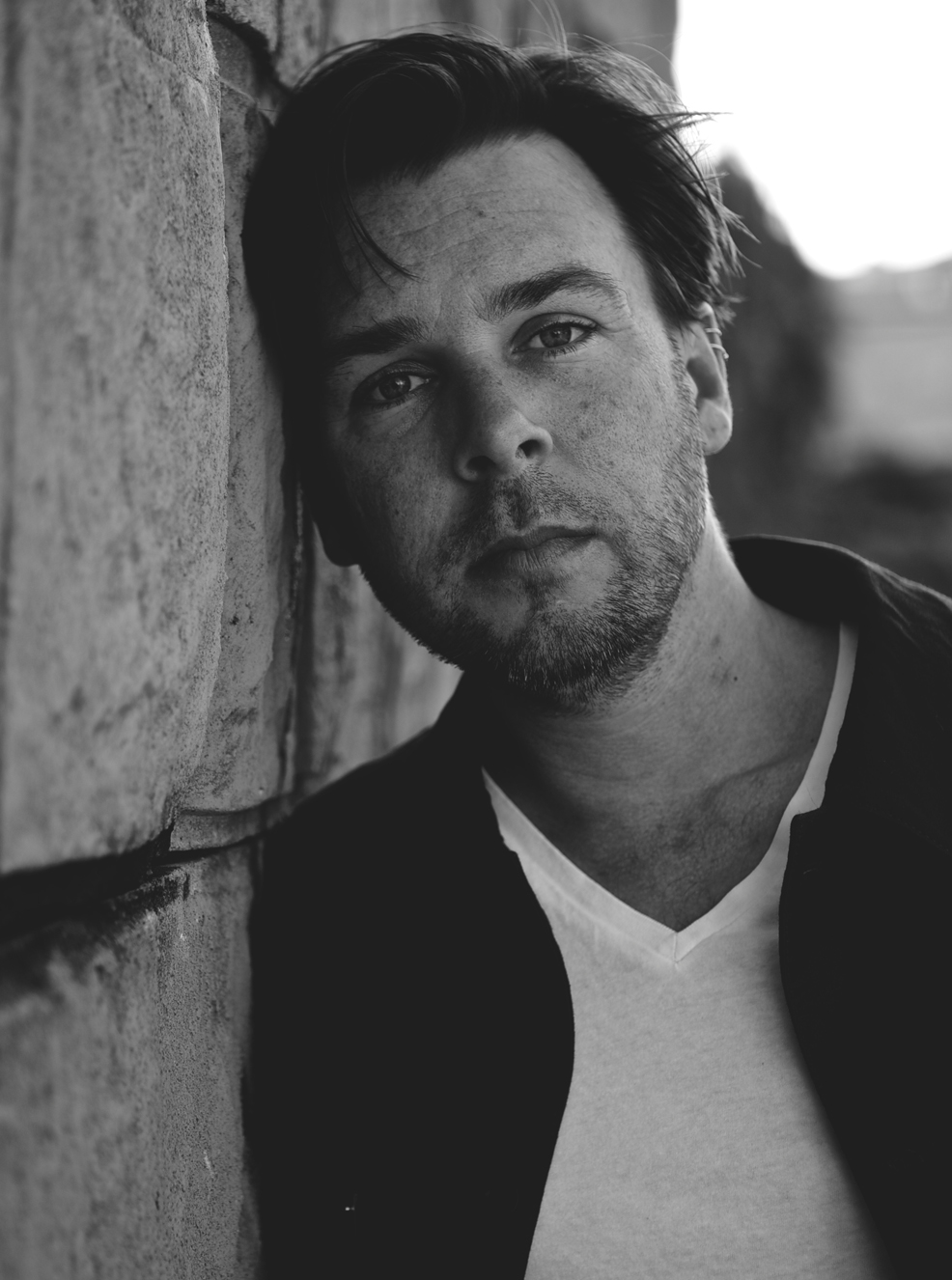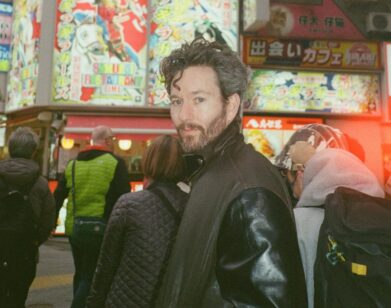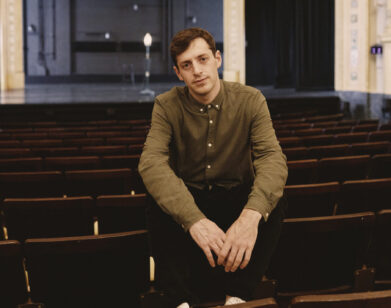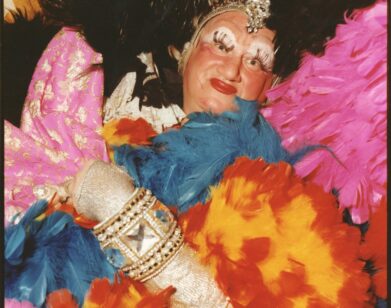Year of the Fall

PHOTO BY FRANK SUN.
The year is 2009. The big city is New York City. The crisis is fiscal, largely theoretical, utterly destructive, and absolutely true. Choire Sicha’s first book, Very Recent History (Harper Collins), is an ethnological survey of a group of educated, twentysomething gay New Yorkers who are barely treading water in the rising debt and shrinking job horizon of that economically implosive year. Sicha follows these young men through personal upheavals; romantic, sexual, and emotional conquests; and struggles between independence and spontaneous unemployment. The dialogue is so sharp you can smell the beer on their breaths, and details magnify right down to the chips in their teeth and the monthly default payments on their school loans. Sicha’s position as a journalist is so impressively embedded it could be described as vascular. And yet, his telescopic narrative widens until he depicts the inanity of a time and place when a billionaire mayor decided to change the laws so he could run for a third term, credit worked as the preferred payment system, and everything in the city was capital. The effect is a Vonnegut-esque manual of the era for future aliens interested in life in that lost empire known as 21st-century America. I asked the 41-year-old Sicha a few questions about its birth.
CHRISTOPHER BOLLEN: This book could easily have been a novel. Why did you make it nonfiction?
CHOIRE SICHA: I actually can’t write fiction. I try. I have a secret life where I write sort of science-fiction genre short stories and submit them to tiny magazines and they write me nice rejection letters. But I really love nonfiction. It’s a funny set of rules. If you are like me and you observe strictly, there’s no conflict of characters. The only act of lies is one of omission—what you don’t say.
BOLLEN: It seems crucial that you chose to write about a recession year that pretty much devastated an entire generation of young New Yorkers.
SICHA: It was a terrible time. And there are still echoes and ramifications of what happened for all of us. I’m still paying off the IRS debt that I incurred when I stopped making money due to the recession. I had to move out of New York to Florida because I lost my job. So I thought it was an important year to write about. The chaos was remarkable.
BOLLEN: I imagined you hiding behind jukeboxes and phone poles, following these young men and writing even the most shocking details down.
SICHA: It’s a very creepy act. Sometimes I was there. We’d also have check-ins now and then. People would also talk about each other. But people are pretty frank about their lives. And obviously I cared about them. It’s not like I sat on a couch saying, “I see, I see.” I was saying things like, “Oh my god, please don’t do that anymore.” I couldn’t keep my opinions to myself.
BOLLEN: Part of me saw Susan Sontag’s The Way We Live Now in your frank, collective writing style. Another part saw Vonnegut’s sardonic map-to-earth treatment.
SICHA: Writers who tackled AIDS have had a deep influence on me, particularly Rebecca Brown. And there’s definitely some lingering ’80s influence on me just because there was a time period of crisis when no one knew how to write. I was also looking a lot at Ursula K. Le Guin. She imagines an entire world and says, “This is how it works.”
BOLLEN: Your book reminded me that we actually let a billionaire jigger the laws so he could stay in office.
SICHA: The funny thing about Bloomberg is that some awesome things have happened just because he has so much money. Also terrible things have happened. The situation for poor and working-class people has significantly worsened. The whole Bloomberg era is about the bifurcation of New York City into two distinct classes—which is essentially a hyped-up version of what’s happened in America.
VERY RECENT HISTORY IS AVAILABLE NOW VIA AMAZON AND OTHER RETAILERS.






